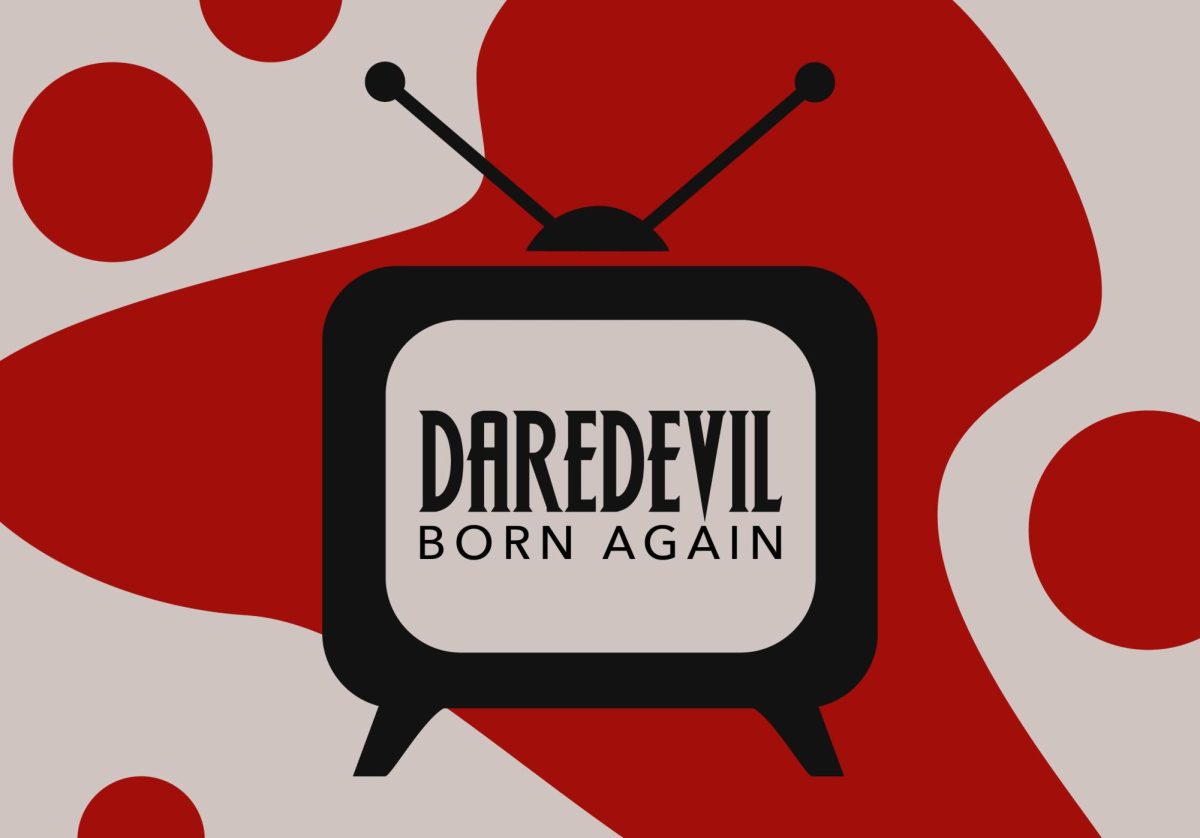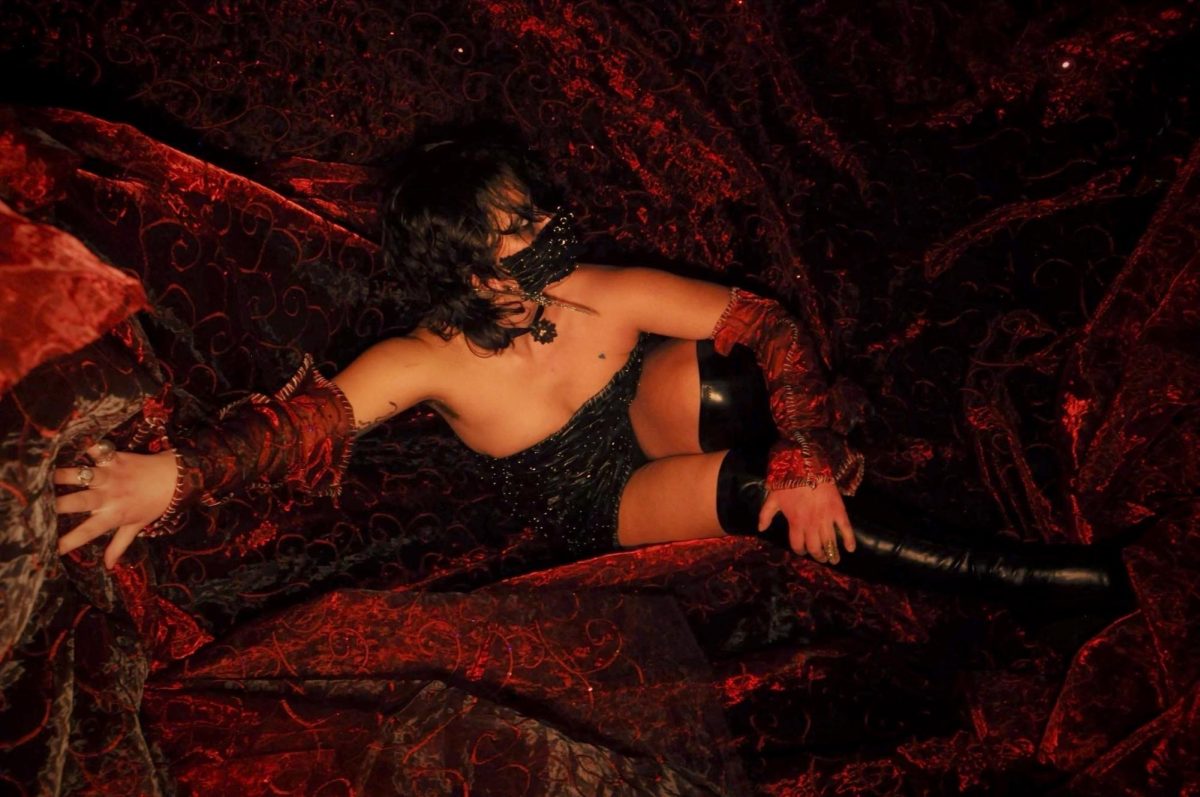Ari Aster, the critically acclaimed A24 horror auteur known for “Hereditary” and “Midsommar,” released his third feature film, “Beau is Afraid,” on April 1.
“Beau is Afraid” focuses on the paranoid and middle-aged Beau, who is planning a trip to see his estranged mother, Mona. During his journey home, Beau goes through a gauntlet of his greatest fears.
What some might call a poor man’s Lynchian effort, others might describe as an original cinematic feat of epic proportions. Either way, Aster delivers a theater experience that will linger in the back of your mind, for better or worse. Probably the latter.
“Beau is Afraid” follows middle-aged Beau, played by the incomparable Joaquin Phoenix, navigating a life filled with stress, guilt and indecision. Beau’s mother is expecting him for a visit, triggering a descent of ultra-tense circumstances — Beau’s inferno, if you will.
“Beau is Afraid” does not stray away from the “wait, what did I just watch?!” disturbed model of filmmaking that built Aster’s reputation. Aster’s latest hones in a similarly absurdist energy that quickly becomes very personal.
Aster uses choppy rhythms in his story structure. Fast-paced story beats are met with abrupt, unexpected lulls in the action. Aster’s unpredictability factor doesn’t let the audience get settled.
Outside of the obvious Alfred Hitchcock inspiration (especially “The Birds” or “Rope”), Aster does implement his own useful techniques of suspense that stem from a place of shamed vulnerability. Everyday anxieties for someone like Beau, who often becomes paralyzed in indecision and fear, fast-track his mortal clock.
However, the shock value sequences of trauma fall flat when attempting to get viewers invested in the next story beat.
While a three-hour-long original screenplay hitting theaters feels exciting in the age of franchise sequels and the MCU, it does not work to Aster’s advantage. The second act becomes a bit of a drag: it doesn’t come to fruition and loses track of its subplot.
The film’s final hour is the most interesting, without a doubt. Here, Aster lets the film be what it wants to be without dizzying the audience into total resentment. The corner of surrealism and gut-punching drama is where Aster is at his best. A primary key to this part of the movie is the performance of Patti LuPone, who plays Beau’s mother.
When LuPone appeared on screen, there was a tonal shift in how the story developed. LuPone offered an even darker undertone to Beau’s past. Using dreamlike sequences and flashbacks, Aster connects this piece of his puzzle well.
Sound design, practical sets and bold camera choices offer this film a helping hand in technical enjoyment.
Nathan Lane provided unexpected comic relief in his role as Roger, a husband character who Beau encounters on his journey.
“Beau is Afraid” is easily Aster’s riskiest, most abrasive film in his young career.
The age-old sentiment about a film “not knowing what it is” is drawn out and used inappropriately in most circumstances. In this case, though, Aster might not even know what “Beau is Afraid” is.
“Beau is Afraid” is worth the watch if you don’t mind leaving the theater with more anxiety than you walked in with.
Whether you love it or hate it, you won’t forget it.








